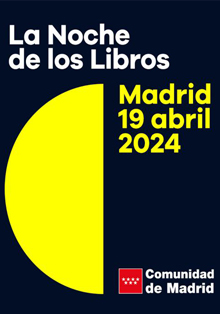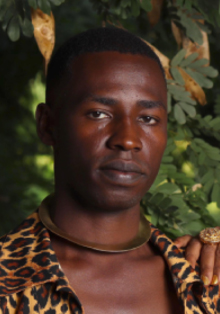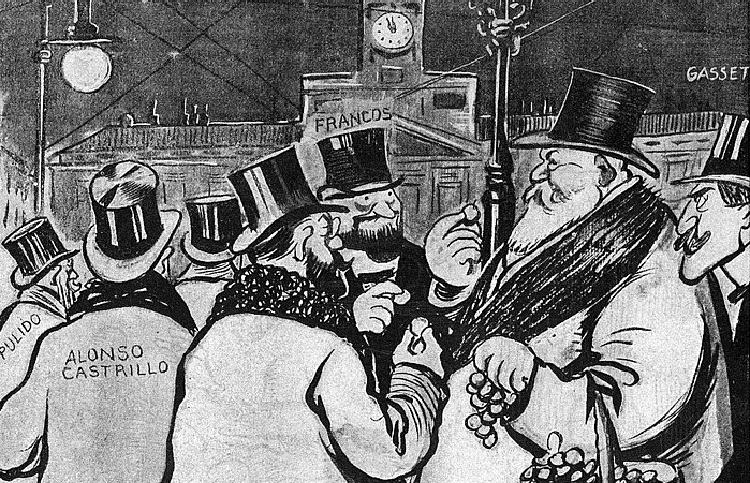Today marks the 19th edition of La Noche de los Libros, this year with the slogan Una casa para siempre, which evokes the many houses we inhabit: the planet, nature, the body, our thoughts or the city, and is the starting point for the more than 500 activities programmed in bookshops, libraries and institutions in numerous municipalities in the Community of Madrid.
From 6 p.m., the Real Casa de Correos will host a central programme with the participation of writers Manuel Jabois, Ignacio Martínez de Pisón, Clara Sánchez, Cristina Fernández Cubas, Laura Fernández, Ana Penyas, Jesús Marchamalo, Hernán Díaz, Sergio del Molino, Inés Martín Rodrigo and the composer and singer Sheila Blanco, who will give voice and music to some of the poets of ’27.
Likewise, La Real Casa de Postas becomes the home for children, with a workshop by Chiquitectos, and for young people with the recording of the podcast Punzadas sonoras and a talk by Alice Kellen and Marta Robles. In the Plaza del Conde de Barajas, a programme with sounds, music and words will be held outdoors with the participation of Eduard Escoffet, the micro poetess Ajo and the musician Nacho Mastretta. There will also be routes and a bibliographic treasure hunt on the Cuesta de Moyano guided by Berta García Faet and Álex de la Iglesia.
In addition to the Community’s public libraries, other libraries and institutions such as the Museo Nacional del Prado, the Biblioteca Nacional de España, the Ateneo de Madrid, the Museo Casa Natal de Cervantes, the Casa Museo Lope de Vega and the Goethe Institute are also taking part, where workshops, readings, storytelling, puppets, theatre, exhibitions, concerts and presentations are being organised, as is the case in 99 municipalities in the region. All the information is available at this link.
The Centro Cultural de China in Madrid, in its auditorium from 6 p.m. onwards, proposes for this special evening an approach to the great classics of Chinese literature that have made up the spiritual and intellectual home of the Chinese for centuries.
The talk, led by Sinologist Gabriel García-Noblejas, will consist of a review of the classics that have been translated in all their thematic richness, ranging from the most ancient myths to the 20th century novel entitled The Travels of the Good Doctor Can. An overview of the classics that are available to the reader in Spanish will be offered in an exhibition that allows them to be related thematically and temporally. In short, it will show the tip of the iceberg of China’s almost infinite literary cultural heritage, delving into the great works of philosophy, spirituality and literature of ancient China, but also into the delta of that current called “extraordinary tales” that lies between fiction, religion and reality; and, finally, into some purely literary works, among which the stories of the Tang and Song dynasties and the popular poems of ancient China stand out.
For their part, Casa América and the Argentine Embassy present the dialogue Cortázar at home: the domestic as threatening territory in the Simón Bolívar Hall of the former at 19:00.
Julio Cortázar was a nomadic writer: from his native Belgium to his childhood in Buenos Aires, from Paris to Rome and Saignon, his life was marked by constant movement. Perhaps that is why in his work the house is not usually a place of rest, but a space that invites escape, often occupied by the threat of the unsettling.
The editor Mariángeles Fernández and the scriptwriter Diego Sabanés will talk about three axes in relation to the author: the houses inhabited by Cortázar, which are mentioned in his work; architecture as a realm of the absurd, very present in Cortázar’s humour; and the house as an everyday space that opens up to the sinister. Through fragments of his letters, stories and interviews, the audience will be able to approach the author from a point of view that addresses both fiction and the so-called writing of the self.
Luis Prados, director of programming at Casa de América, and Roberto Bosch, ambassador of the Argentine Republic, will welcome the audience to the dialogue. Free admission until full capacity is reached.







